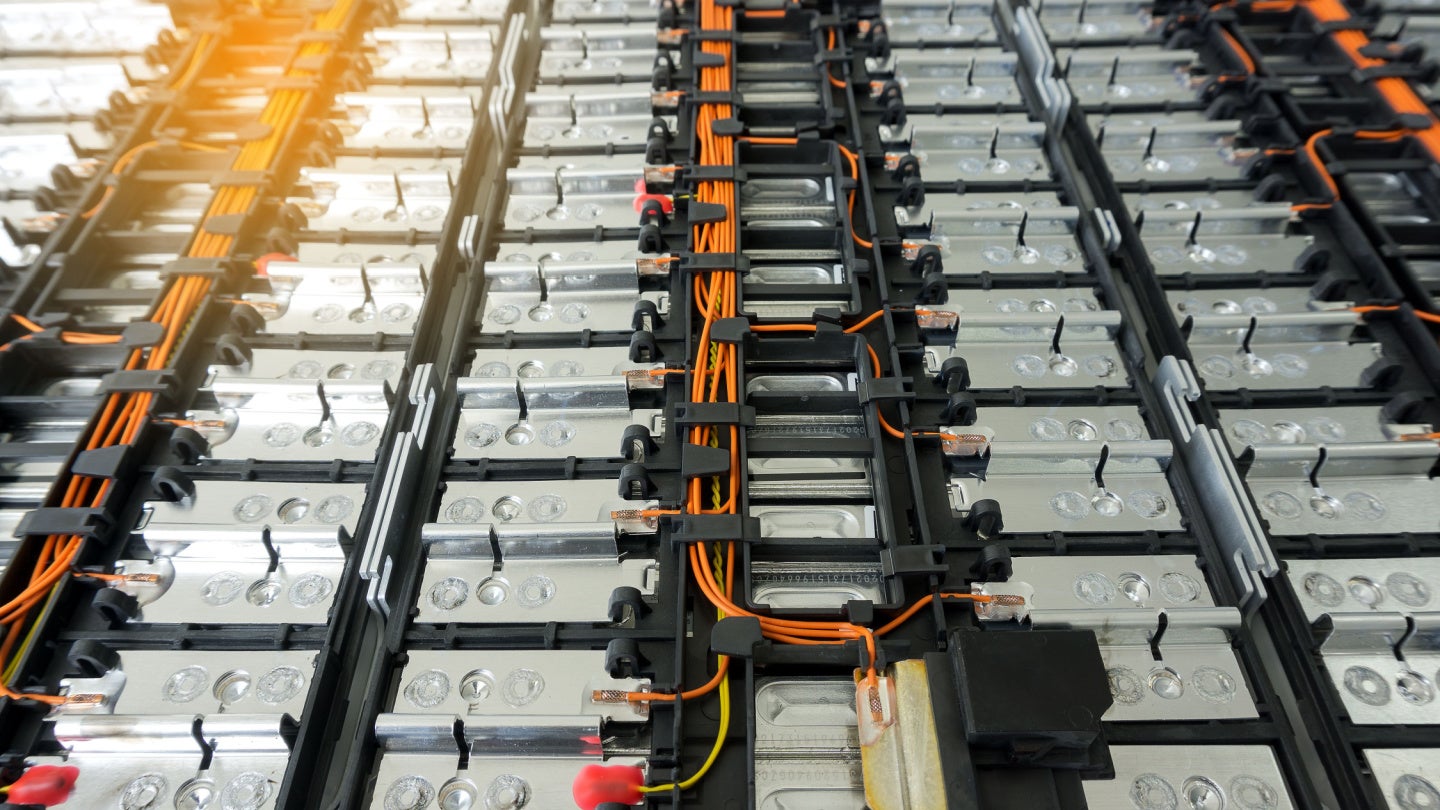
Ford and Jaguar Land Rover reportedly have joined Stellantis to warn the transition to electric vehicles will be knocked off course unless the UK and EU delay stricter “rules of origin” due to take effect next year, which could add tariffs on car exports.
Current post-Brexit rules require 40% of an electric vehicle’s parts by value to be sourced in the UK or EU if it is to be sold on the other side of the channel without a 10% trade tariff, The Guardian noted.

Discover B2B Marketing That Performs
Combine business intelligence and editorial excellence to reach engaged professionals across 36 leading media platforms.
This proportion is due to rise to 45% next year, and because most electric vehicle batteries are still imported from Asia, and batteries make up a large part of the cost of building a car, vehicles made in the UK and the EU are likely to fall foul of the rules, the report said.
Stellantis said on Wednesday, without a rethink, it could be forced to shut some of its UK operations, putting jobs at risk in an industry that employs 800,000 people in Britain.
Ford said in a statement on Thursday: “Today the industry does not have sufficient supply of locally sourced batteries and components to meet demand. Tightening the trade rules at this point risks undermining the switch to EVs with tariffs and adding pointless cost to customers wanting to go green. Manufacturers who have invested heavily early in the transition will be hardest hit by tariffs because combustion engine vehicles will continue to move tariff free.”
A spokesman told the Guardian: “Tariffs will hit both UK- and EU-based manufacturers so it is vital the UK and EU come to the table to agree a solution.”
Jaguar Land Rover told the paper the current timing was “unrealistic and counterproductive”, and called on the UK and EU to “quickly agree a better implementation solution to avoid destabilising the industry’s transition to clean mobility”.
It was the first time carmakers had explicitly urged a renegotiation of the Brexit deal, the report noted.
Manufacturers are pressuring both the EU and the UK to delay the threshold increase until at least 2027 to allow time for European factories to start producing enough batteries to reduce reliance on Asia.
The Guardian quoted UK chancellor Jeremy Hunt as telling the British Chambers of Commerce annual conference on Wednesday: “Everyone is trying to develop supply of EV batteries, and so we need to have that supply here in the UK. The closer it’s located to the factories that are making the rest of the car, the better.
“And all I would say is, watch this space, because we are very focused on making sure the UK gets that EV manufacturing capacity.”
Stellantis has warned that meeting future local content and rules of origin on vehicles exported from the UK to the EU and a lack of battery making capacity in the UK threaten the viability of its two UK vehicle manufacturing plants.
The Guardian said the trade deal was due to be renegotiated in 2025 as part of the original pact between the UK and the EU signed by Lord Frost in December 2020.




